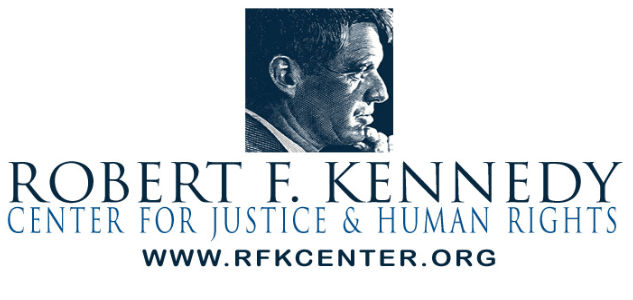
Southern Africa democracy in can succeed in a place where widespread free and fair elections have struggled to take root in the violent past. In a new article new article in the Huffington Post by Jeffery T. Smith from the Robert F. Kennedy Center for Rights and Justice is a fresh look at American policy is oft neglected Southern Africa, one of the world’s poorest regions. Smith critiques America’s current policy:
To strengthen democracy and enhance the respect for human rights, both of which are crucial elements for improving peoples’ lives in a sustainable way, U.S. policymakers should take a thoughtful look at past shortcomings in southern Africa. The region is faced with potentially volatile elections in Madagascar this year and Mozambique and Malawi in 2014. The sham elections in Zimbabwe, and most recently in Swaziland, present a concerning trend of endorsing deeply flawed electoral processes that may ultimately spark social unrest.
Indeed, the negligence displayed by SADC — which has indicated a preference for maintenance of the status quo at the expense of cultivating democratic principles — may have profoundly negative effects on regional stability. U.S. policymakers should therefore not abandon activities that are aimed at building stronger civil societies and domestic institutions; rather, we must collectively work to find innovative ways that will encourage civil society actors to hold their governments accountable and keep ruling political parties in check.
The Mo Ibrahim Foundation is a good governance watchdog in Africa. Here is the description of their mission from their website:
Established in 2006 with a focus on the critical importance of leadership and governance in Africa. By providing tools to support advancements in leadership and governance, the Foundation aims to bring about meaningful change on the continent. The Foundation, which is a non-grant making organisation, helps to define, assess and enhance governance and leadership in Africa.
Author Jeffery Smith is a member of an Advocacy Office at the RFK Center. His active @Smith_RFKennedy Twitter account is very good for keeping in touch with the RFK Center’s work. Here is his biography at the RFK Center:
As an Advocacy Officer with RFK Partners for Human Rights, Jeffrey Smith manages the RFK Center’s partnership with 2009 Human Rights Award Laureates Magodonga Mahlangu and Women of Zimbabwe Arise (WOZA), which is a grassroots movement of over 80,000 citizens that has been at the forefront of the democratic struggle in Zimbabwe since 2003. Mr. Smith assists WOZA with domestic and international advocacy efforts, strategy development, and capacity building. Mr. Smith works closely with civil society leaders and human rights defenders throughout Zimbabwe to actively promote respect for human rights and advance the rule of law.
Mr. Smith has a decade of experience in human rights and democracy promotion work, including prior positions at Freedom House, the National Endowment for Democracy (NED), the Institute for Democracy in South Africa (IDASA), and the United Nations Economic, Social, and Cultural Organization (UNESCO). He also has conducted human rights and civil society assessment missions in several African countries, including Zimbabwe, Zambia, Cote d’Ivoire, and Kenya.
Mr. Smith has appeared as an expert commentator in a range of publications and media outlets, including Voice of America, Short Wave Radio Africa, Radio-France International, Thomson-Reuters,The Atlantic, and The Guardian. He is a 2003 graduate of the University of Connecticut, where he also received a master’s degree in international relations and was the university’s first recipient of its distinguished Human Rights Graduate Certificate. Mr. Smith also serves on the Advisory Board of the Center for Faith and Human Rights, which works with nongovernmental organizations, churches, and government officials to both promote and ensure social justice throughout Africa.
Here is some more information on the RFK Center which has an extensive website worth checking out:
To realize his dream of a more just and peaceful world, Robert Kennedy’s family and friends founded a living memorial in 1968. Today, the Robert F. Kennedy Center for Justice and Human Rights is one of the foremost international human rights organizations.
The RFK CENTER’s core programs focus on the power of the individual, working through alliances and organizations, to generate change. The RFK PARTNERS FOR HUMAN RIGHTS bolster the efficacy of human rights defenders through sustained, strategic partnerships, extending their reach to legislators, diplomats, international institutions, and corporations.
Also, from the RFK Center:
Leave a Reply